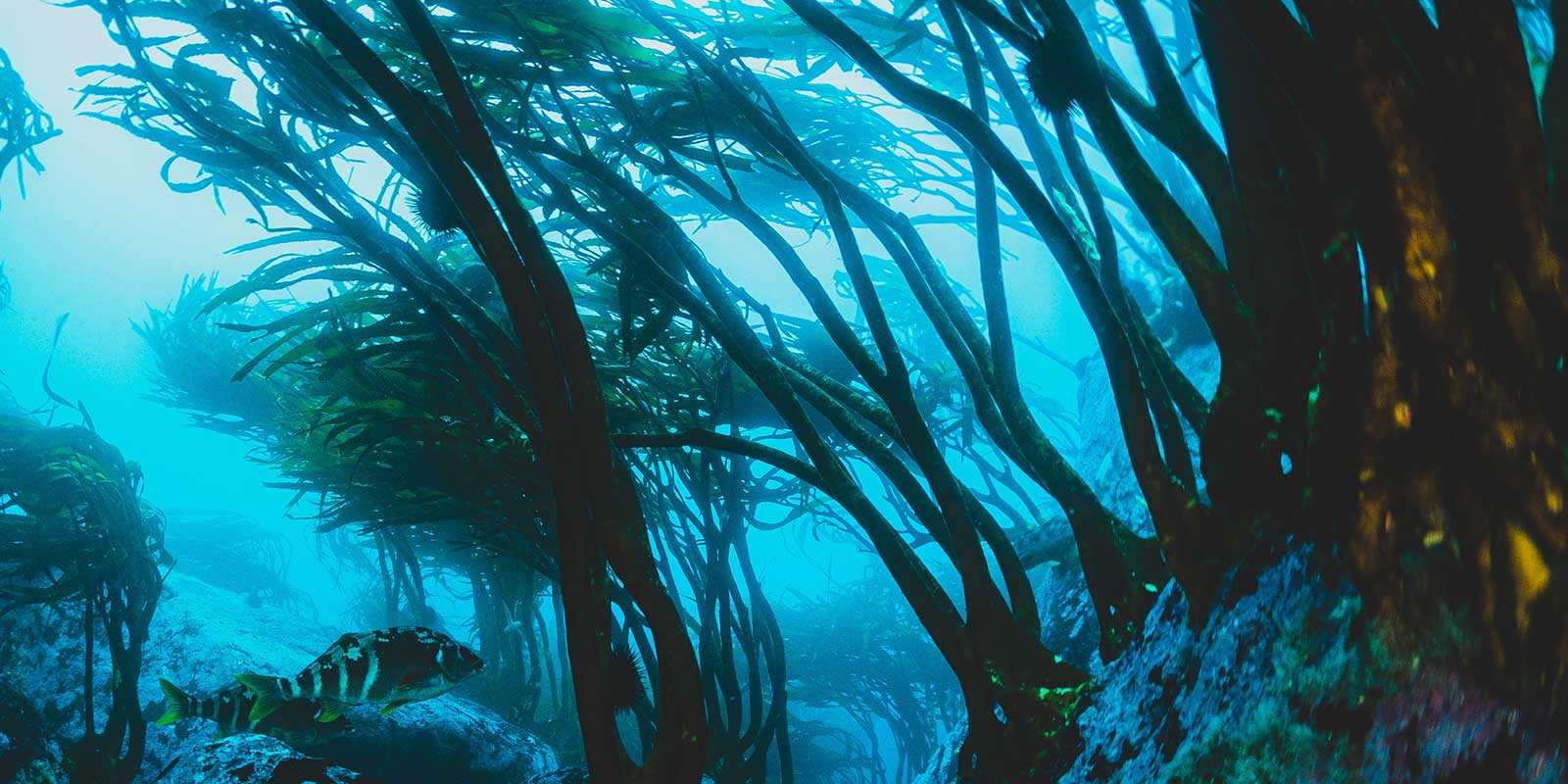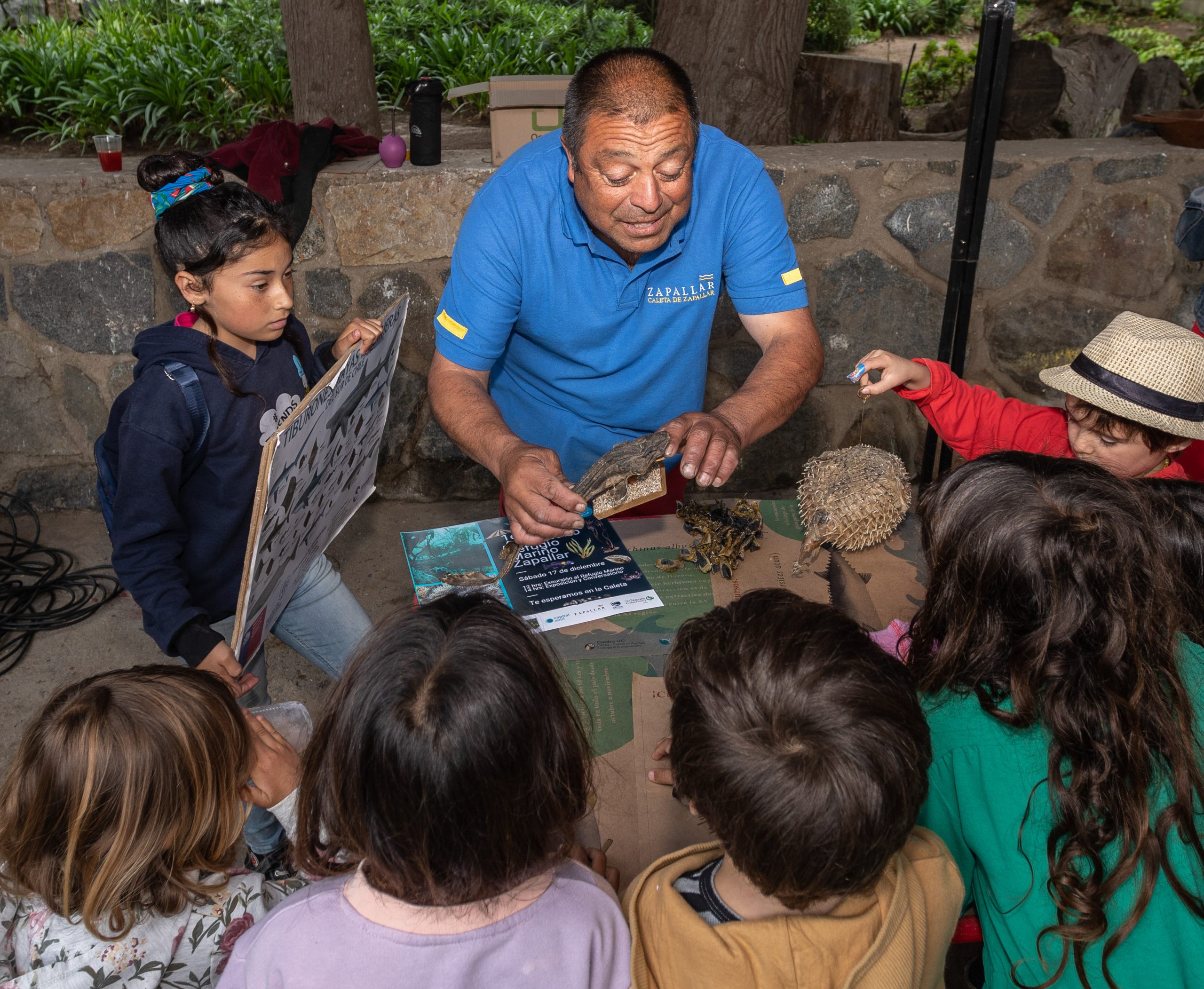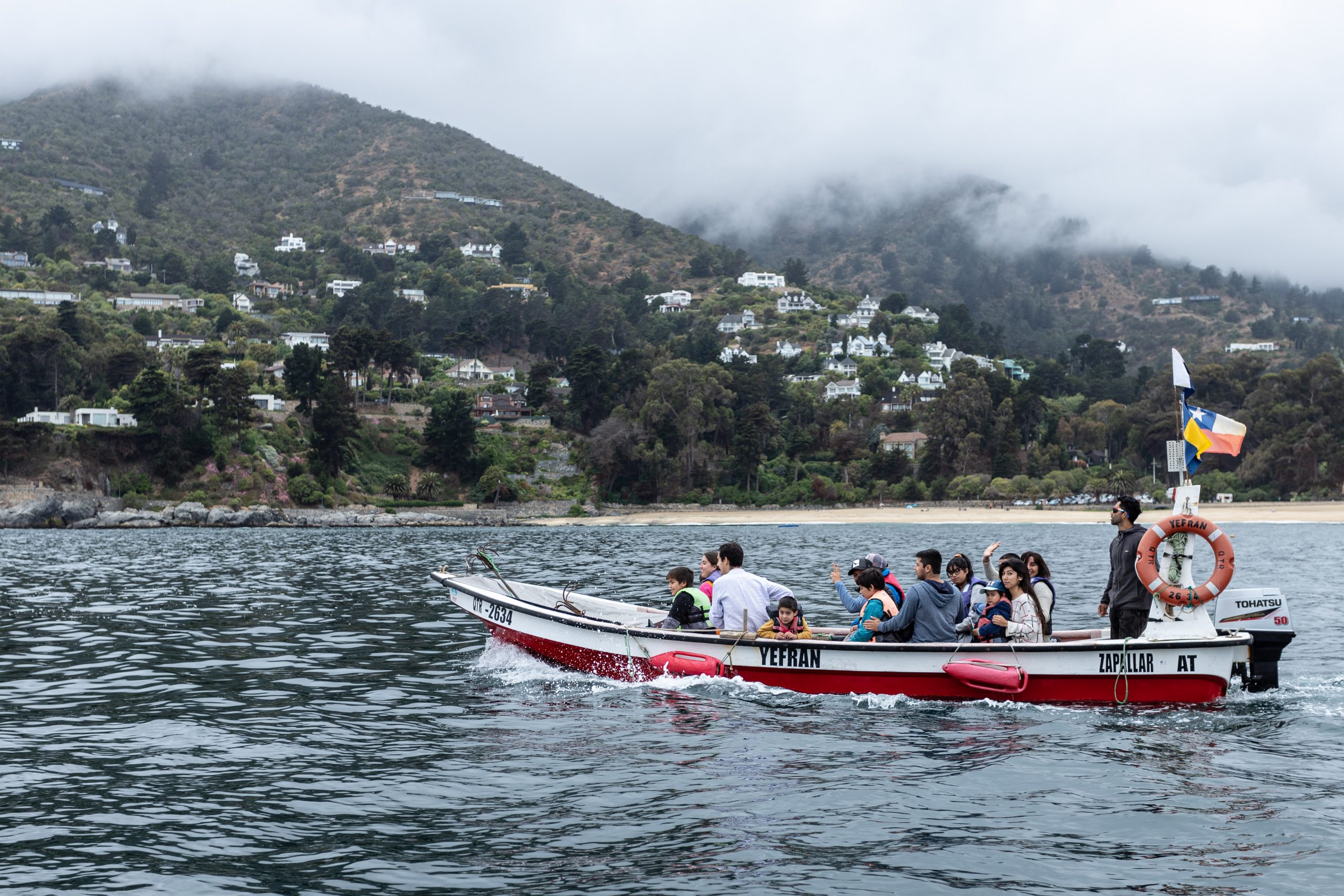The year 2024 started with good news for artisanal fishing: after almost five years of processing, Congress has just passed the Benthic Law Bill, which amends the General Law of Fisheries and Aquaculture in the field of benthic resources and, among its most important measures, recognizes TURF-Reserves within Chile’s public policies.
TURF-Reserves, as non-extractive zones located within the Territorial User Rights for Fisheries (TURF or AMERB, as abbreviated in Spanish) managed by artisanal fishers’ unions, highlight the key role that artisanal fishing can play in the restoration of the country’s degraded marine-coastal ecosystems, especially from Puerto Montt to the north, where marine conservation models are practically non-existent. There, TURF-Reserves offer an innovative system that combines productivity and conservation, seeking not only to address biodiversity loss in a context of climate crisis, but also to improve the livelihood and resilience of coastal communities.
Since 2016, Capital Azul Foundation has been working side by side with five artisanal fishers’ unions in the Valparaíso region, in La Ballena, Zapallar, Cachagua, Maitencillo and Ventanas, collaboratively strengthening this community-led model. This has served as a spearhead for the recognition of TURF-Reserves in the new Benthic Law under the figure of “voluntary protection zones”.
From now on I only see opportunities: TURF-Reserves could become poles of sustainable development along the entire coast of Chile, encouraging those dedicated to artisanal fishing to not depend solely on resource extraction, diversifying their sources of income and strengthening the social fabric. This is what we have experienced clearly in towns like Zapallar, where artisanal fishers are now seen with different eyes, no longer as sea predators, but as conservationists who even take a leadership role in issues such as environmental education, sharing the knowledge of a life by the sea: In the last two years more than 4 thousand students from different educational establishments of the town and its surroundings have come to the cove to learn, from the hand of the artisanal fishers themselves, about the TURF-Reserve, its marine life and the importance of taking care of it.

With some 800 TURFs administered by artisanal fishers’ unions, today the TURF-Reserve program is at an ideal moment, now supported by a new regulation to begin to scale both in the depth of relations with different state institutions, as well as to take this model to other latitudes of the country.
It is also a great scenario to start outlining, among all the actors involved, those incentives that could motivate artisanal fishing to strongly adopt this figure of marine conservation led by communities, taking into account that the fact of not exploiting a part of a TURF can represent an unbeatable opportunity to generate new sources of income, and that in a context of triple climate crisis it is urgent to move towards models in which conservation and productivity are not dichotomized.

